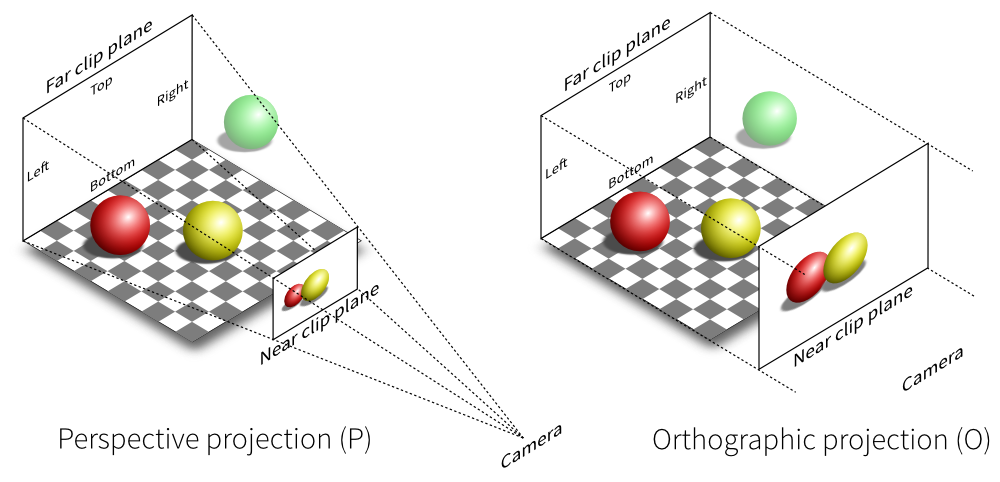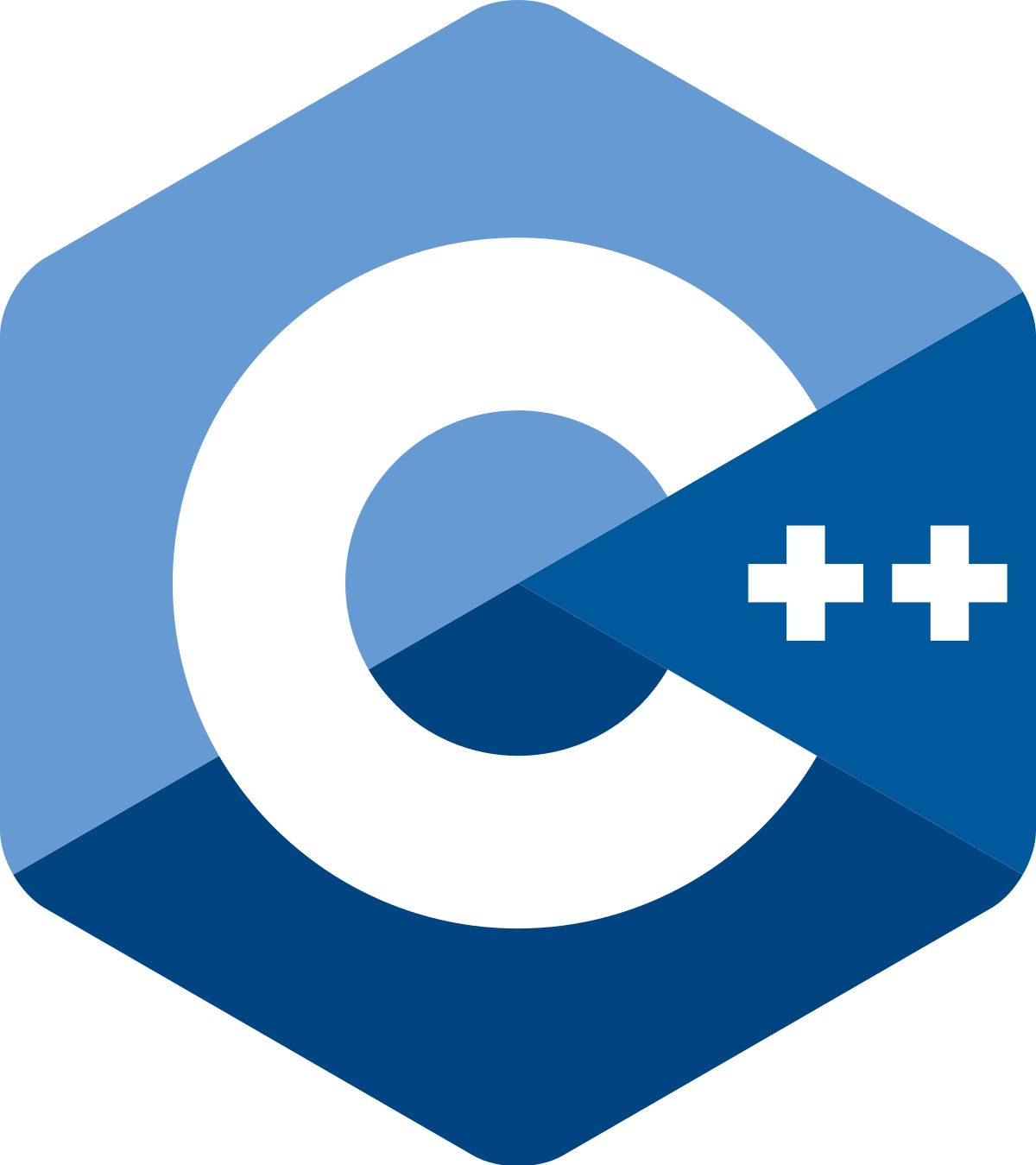1
2
3
4
5
6
7
8
9
10
11
12
13
14
15
16
17
18
19
20
21
22
23
24
25
26
27
28
29
30
31
32
33
34
35
36
37
38
39
40
41
42
43
44
45
46
47
48
49
50
51
52
53
54
55
56
57
58
59
60
61
62
63
64
65
66
67
68
69
70
71
72
73
74
75
76
77
78
79
80
81
82
83
84
85
86
87
88
89
90
91
92
93
94
95
96
97
98
99
100
101
102
103
104
105
106
107
108
109
110
111
112
113
114
115
116
117
118
119
120
121
122
123
124
125
126
127
128
129
130
131
132
133
134
135
136
137
138
139
140
141
142
143
144
145
146
147
148
149
150
151
152
153
154
155
156
157
158
159
160
161
162
163
164
165
166
167
168
169
170
171
172
173
174
175
176
177
178
179
180
181
182
183
184
185
186
187
188
189
190
191
192
193
194
195
196
197
198
199
200
201
202
203
204
205
206
207
208
209
210
211
212
213
214
215
216
217
218
219
220
221
222
223
224
225
226
227
228
229
230
231
232
233
234
235
236
237
238
239
240
241
242
243
244
245
246
247
248
249
250
251
252
253
|
#include <bits/stdc++.h>
#ifndef XEHOTH_HEADER
#define XEHOTH_HEADER
namespace xehoth {
namespace io {
template<class T>
inline T parseFloat(char *str) {
char *s = str;
if (*s == '0' || *s == '\0') return 0.0;
register T sum = 0.0;
register int flag = 1, pow = 0;
if(*s == '-') flag = -1, s++;
while (*s != '\0') {
if(*s == '.') {
pow = 1, s++;
continue;
}
sum = *s - '0' + sum * 10, pow *= 10, s++;
}
return flag * sum / pow;
}
template<size_t size = 1000000>
struct BufferedInputStream {
char buf[size], *s, *t;
inline char read() {
if (s == t) {
t = (s = buf) + fread(buf, 1, size, stdin);
if (s == t) return -1;
}
return *s++;
}
inline void read(char &c) {
c = read();
}
template<class T>
inline void read(T &x) {
static bool iosig;
static char c;
for (iosig = false, c = read(); !isdigit(c); c = read()) {
if (c == '-') iosig = true;
if (c == -1) return;
}
for (x = 0; isdigit(c); c = read())
x = (x + (x << 2) << 1) + (c ^ '0');
if (iosig) x = -x;
}
inline int read(char *buf) {
register size_t s = 0;
register char ch;
while (ch = read(), isspace(ch) && ch != -1);
if (ch == EOF) {
*buf = '\0';
return -1;
}
do buf[s++] = ch; while (ch = read(), !isspace(ch) && ch != -1);
buf[s] = '\0';
return s;
}
inline void read(float &x) {
static char buf[64];
read(buf);
x = parseFloat<float>(buf);
}
inline void read(double &x) {
static char buf[128];
read(buf);
x = parseFloat<float>(buf);
}
template<class T1, class T2>
inline void read(T1 &a, T2 &b) {
read(a), read(b);
}
template<class T1, class T2, class T3>
inline void read(T1 &a, T2 &b, T3 &c) {
read(a), read(b), read(c);
}
template<class T1, class T2, class T3, class T4>
inline void read(T1 &a, T2 &b, T3 &c, T4 &d) {
read(a), read(b), read(c), read(d);
}
inline int nextInt() {
register int i;
read(i);
return i;
}
inline long nextLong() {
register long i;
read(i);
return i;
}
inline float nextFloat() {
register float i;
read(i);
return i;
}
inline double nextDouble() {
register double i;
read(i);
return i;
}
};
template<size_t size = 1000000>
struct BufferedOutputStream {
char buf[size], *s;
inline void print(char c) {
if (s == buf + size) fwrite(buf, 1, size, stdout), s = buf;
*s++ = c;
}
inline void print(const char *s) {
char *p = s;
while (*p != '\0') print(*p++);
}
template<class T>
inline void println(T x) {
print(x), print('\n');
}
template<class T>
inline void print(T x) {
static int buf[30], cnt, y;
if (x == 0) {
print('0');
} else {
if (x < 0) print('-'), x = -x;
for (; x; x = y) y = x / 10,
buf[++cnt] = x - (y + (y << 2) << 1) + 48;
while (cnt) print((char)buf[cnt--]);
}
}
template<class T1, class T2>
inline void print(T1 a, T2 b) {
print(a), print(b);
}
template<class T1, class T2, class T3>
inline void print(T1 a, T2 b, T3 c) {
print(a), print(b), print(c);
}
template<class T1, class T2, class T3, class T4>
inline void print(T1 a, T2 b, T3 c, T4 d) {
print(a), print(b), print(c), print(d);
}
template<class T1, class T2>
inline void println(T1 a, T2 b) {
print(a), println(b);
}
template<class T1, class T2, class T3>
inline void println(T1 a, T2 b, T3 c) {
print(a), print(b), println(c);
}
template<class T1, class T2, class T3, class T4>
inline void println(T1 a, T2 b, T3 c, T4 d) {
print(a), print(b), print(c), println(d);
}
BufferedOutputStream() : s(buf) {}
~BufferedOutputStream() {
fwrite(buf, 1, s - buf, stdout);
}
};
}
}
typedef unsigned long long ull;
typedef unsigned int uint;
#define long long long
xehoth::io::BufferedInputStream<> in;
xehoth::io::BufferedOutputStream<> out;
#endif
const int MOD = 1000000007;
const int MAXN = 50010;
int C[101][101];
template<class T>
inline void add(T &x, const T val) {
x += val;
if (x >= MOD) x -= MOD;
}
inline void init(const int n) {
for (register int i = 0; i <= n; i++) C[i][0] = 1;
for (register int i = 1; i <= n; i++) {
for (register int j = 1; j <= i; j++) {
add(C[i][j], C[i - 1][j - 1]), add(C[i][j], C[i - 1][j]);
}
}
for (register int i = 0; i <= n; i++) C[i][i] = 1;
}
inline int calculateContribute(int x) {
return x & 1 ? -1 : 1;
}
int main() {
#ifndef ONLINE_JUDGE
freopen("in.in", "r", stdin);
#endif
register int n, k;
in.read(n, k);
static int s[MAXN];
for (register int i = 1; i <= n; i++) in.read(s[i]);
for (register int i = 1; i <= n; i++) add(s[i], s[i - 1]);
init(k);
static int t[MAXN] = {1}, buf[MAXN];
for (register int i = 1; i <= n; i++) {
buf[0] = 1;
for (register int j = 1; j <= k; j++) buf[j] = (long)buf[j - 1] * s[i] % MOD;
for (register int j = 0; j <= k; j++) t[j] = (t[j] + buf[j]) % MOD;
register int ans = 0;
for (register int x = 0; x <= k; x++) {
ans = (ans + (long)calculateContribute(k - x) *
C[k][x] * buf[x] % MOD * t[k - x]) % MOD;
}
if (ans < 0) ans += MOD;
out.print(ans, ' ');
}
return 0;
}
|



